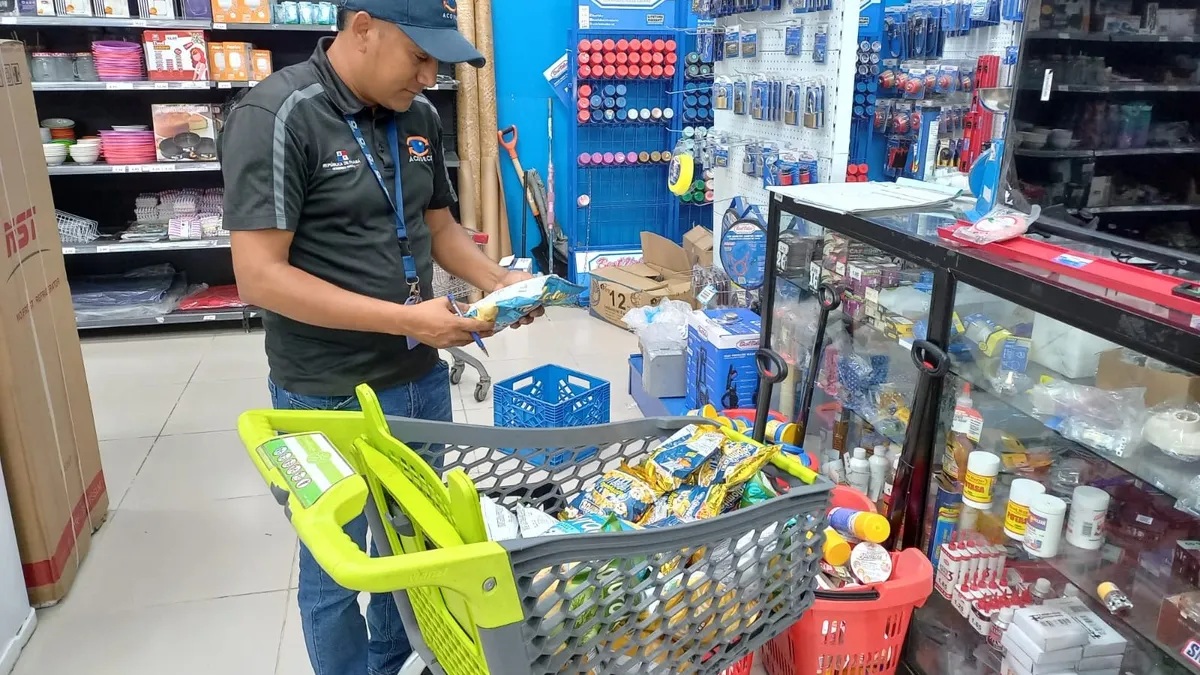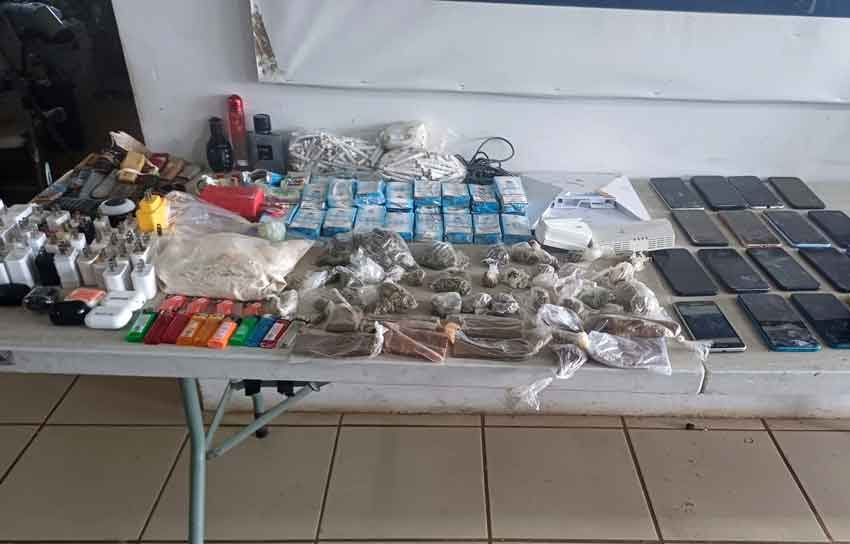27% of Panama teenagers have sex diseases as deputies stall bill.

SOME 27 percent of public school teenagers involved in a study by Panama’s Gorgas Institute for Health Studies (ICGES) have one or more venereal diseases, and girls face a high rate of dating violence while the National Assembly has shelved a sex-education bill for over a year.
The sexuality survey in 10 public schools in the province of Panama shows that 98% of young people surveyed have a “poor understanding” of human immunodeficiency virus (HIV), its form of transmission and prevention measures.
Th figures were revealed Monday April 4 as part of the investigation “Risk Factors Associated with Transmission of HIV and other sexually transmitted infections (STIs) in adolescents in the district of Panama”.
The information was collected between August and November 2015, with a participation of 592 teens aged 14 years to 18.
According to the results, 96% of respondents had a partner. Of that total, 78.4% said they had had their first sexual relationship between 12 and 16 years.
Among girls, 80% of relationships were with men between 20 and 35 years old. It was found that 68.4% of young women suffer emotional or psychological violence in their relationships, while 31.5% have faced sexual or physical abuse.
The women were mostly affected by diseases such as chlamydia and genital mycoplasma, whereas among men HIV cases were revealed
It was learned that the information received by adolescents about sexuality comes from their friends, with 34.4% of knowledge about sexual health coming from classmates, 17.2% obtained from the school and another 16% from parents.
Juan Miguel Pascale, deputy director of ICGES, said the results are “strong” and reflect ” complete illiteracy of the boys on the subject of sexuality and STIs,” reports La Prensa.
He said the report shows an “epidemic of teen dating violence” and a high level of STI infection, especially in female participants.
He suggested a joint program by institutions such as the Ministry of Education (Meduca), Ministry of Health (MoH), parents and organized civil society, promoting projects aimed at informing students..
Sociologist Rubiela Sanchez, a member of the Panamanian Coalition for Comprehensive Sexuality Education, said that bill No. 61 on sexual education and reproductive health remains “shelved” since March 2015 at the National Assembly.
“We have been talking about these problems for 10 years and there has been no action. He pointed that during the first two months of this year there ere 1,952 pregnancies among girls 14-9 years old, and 56.5% of the 14, 631 people infected with HIV are between 10 and 39 years old.
Tayde Gordon, of Meduca Population Education and Human Development said the current administration is aware of the problem, and has promoted the studies to substantiate actions to be implemented in the future.
He said that currently the National Directorate of Psychoeducational Meduca Service, in conjunction with the United Nations Population Fund, is working on developing guidance on sex education.
Adriana Chung,MoH Program Coordinator for Children and Adolescents urges the revival of the debate of the # 61 and its final approval
The ICGES study is the first of three. The others will be in San Miguelito this year and in Colon in 2017





